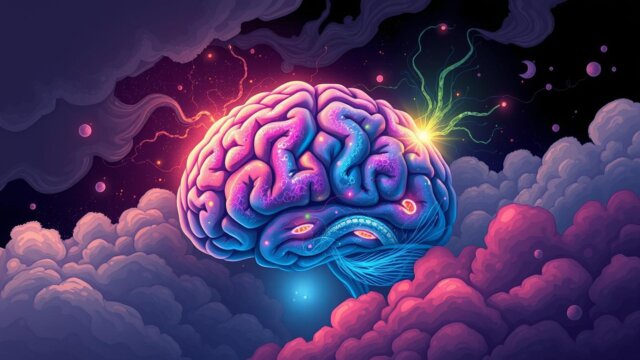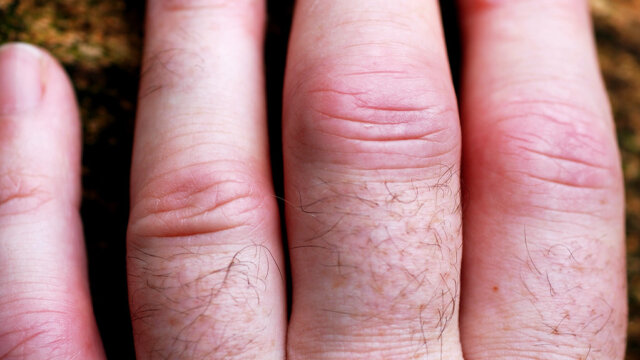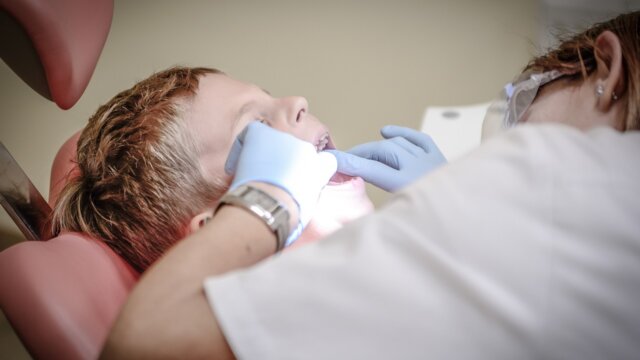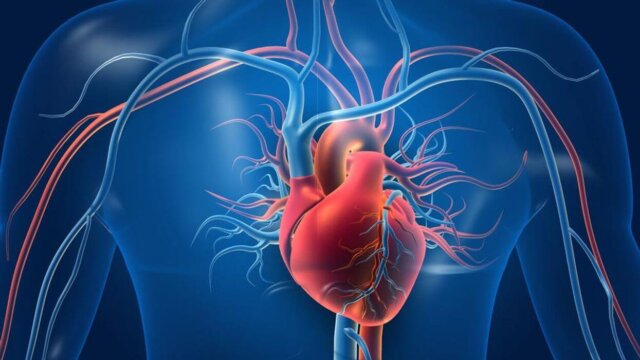FTC disclaimer: This post may contains affiliate links and we will be compensated if you click on a link and make a purchase.
Smoking and alcohol are the major risk factors for developing erectile dysfunction symptoms in young men.
ED or erectile dysfunction is a condition in which men cannot achieve or maintain an erection suitable for sexual intercourse.
Usually, this condition occurs in men during their 50s, but nowadays, it is also affecting young men during their 30s.
A worldwide study conducted on young men revealed that ED among men aged 20-29 years is 8%, and it is 11% among those aged 30-39 years.

Reason for Erectile Dysfunction Symptoms in young men
Various risk factors associated with developing erectile dysfunction symptoms in young men, such as:
Smoking
It is well-known that smoking is the primary cause of various sexual problems and other dangerous health diseases.
Nicotine, tar, and other carcinogens in cigarettes, when inhaled, are accumulated in the lungs, leading to arterial sclerosis or even hardening of arteries.
When this condition happens, your heart needs to work harder to pump the required blood to the body’s major organs for proper functioning.
It finally leaves you with deficient energy in the body to supply the blood for the three chambers of the penis, thus making erection more difficult.
Obesity
Obesity is one of the major causes of various sexual problems. Erectile dysfunction is the most common problem among those.
Irrespective of age, erectile dysfunction symptoms are most common in men who are obese.
Obese men have excessive fat accumulated around the heart and various other organs, making it hard to pump sufficient blood flow to the sex organs and erection problems.
Heart disease
Heart problems are also among the leading causes of male impotence and cause ED symptoms during their 30s.
Some genetic factors can also trigger this condition, such as hereditary high blood pressure, high cholesterol, poor diet, a diet high in fat content, high triglycerides, lack of physical activity, high sugar and cholesterol levels.
Diabetes
Diabetes causes a person’s body to be unable to regulate the blood sugar levels, which again causes the hardening of the arteries.
So, because of diabetes, it difficult for the flow of blood in the body and all major sexual organs.
Alcohol
Alcohol acts as an antidepressant on the central nervous system. When this happens, a person may feel more relaxed and become sexually excited.
When a person’s brain is under the effect of alcohol, the brain does not properly send the signals for male libido.
The neurons that send signals to the brain become a malfunction for proper blood supply to the penis to achieve an erection.
Narcotic drugs
These drugs act as an antidepressant on the brain, hormones, central nervous system, and various other body parts, leading to erectile dysfunction symptoms in young adults.
Narcotics can stay in your blood and the nervous system for almost 48 hours.
The bottom line
Older men are not the only ones who can get erectile dysfunction these days.
Performance anxiety and other factors can put young men at risk for developing ED symptoms.
Moreover, erectile dysfunction in younger men can also result from psychological causes like tension and anxiety.
It is always good to adopt a healthy lifestyle and get away from processed food and unhealthy drinks.
Discuss your ED symptoms and concerns with your doctor to help figure out the cause of your erectile dysfunction.








